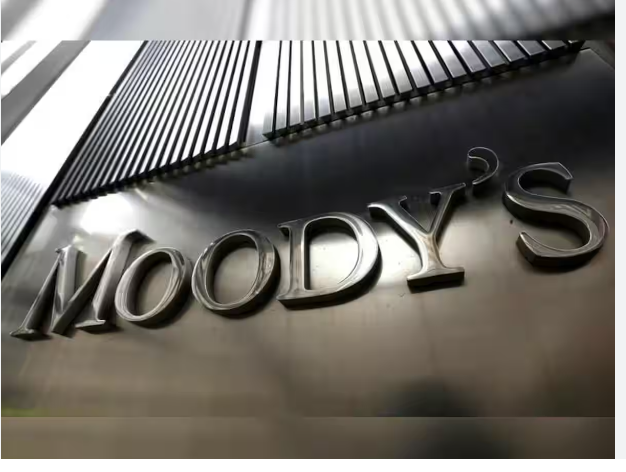Moody’s has signaled that Turkey’s reembrace of conventional economic policymaking since Tayyip Erdogan’s May election win could soon start paying dividends in terms of a stronger credit rating, as long as it sticks with it, according to Reuters.
Initially seen as “hopeless cause” for new economy czar Mehmet Simsek, is attracting investor attention, with record equity and bond purchases according to Central Bank data covering the previous week. On Tuesday, the government unveiled a new three year economic plan to cut inflation and current account deficits. The details looked too optimistic, but the new program drew open support from President Erdogan and VP Cevdet Yılmaz, both of whom now seem to be sold on the idea of higher interest rate to stabilize the economy.
Ankara’s credit score, which affects how much the government pays to borrow on capital markets, has been in decline for years due to repeated episodes of unorthodox policy-driven crises. Only 10 years ago, sovereigns were investment grade, now they are in the junk category.
The screeching change of policy direction since the election though has seen Erdogan bring in a new finance minister and central bank head who have dramatically raised interest rates in a bid to tackle the country’s long-term inflation problem.
“The change of course is clearly credit positive,” Moody’s analyst Dietmar Hornung told Reuters. “But there are still significant uncertainties.”
Moody’s rates Turkey a ‘junk’ grade B3 with a “stable outlook”. It is not due to formally review its rating until December, but Fitch, which rates the country a notch lower and has a “negative outlook” is due to review its rating on Friday, followed by S&P Global later in the month.
“The moves we have seen since the election are encouraging but the challenges ahead are complex,” Hornung said, explaining that cooling inflation expected to rise to 65% this year, and unpicking other “accumulated imbalances”, was a tough task.
“We have a stable outlook on the rating, we don’t see any significant downside risks, but it will take time to see the positive effects of the changes”
On the possible timing of any rating move, either a move to a positive outlook or a full upgrade, Hornung said: “It’s not a sprint, it’s a marathon.”
“We need a track record of more orthodox policy and a reduction of the accumulated imbalances.”
As a reminder, Fitch rating agency had lowered its rating in July 2022 to B, placing the Turkish economy in the speculative category, giving it a negative outlook. Which she confirmed in March 2023. This note “reflects weak external finances, growing economic distortions due to increasingly interventionist and unconventional policies, as well as political and geopolitical risks “she then explained, emphasizing nevertheless the character “vast and diverse” of the Turkish economy, which presents “a relatively low level of public debt and a manageable sovereign debt repayment profile”.
“Business circles are tempted to invest in Turkey, which is not lacking in assets: young workforce, dynamic companies, large domestic market, significant export capacity for manufactured products and proximity to Europe. For European firms wishing to secure their supplies, Turkey is a preferable production base to faraway Asia”, Deniz Ünal, economist at the Center for Prospective Studies and International Information (Cepii), who recalls that Turkey is part of NATO “which makes it a safe country in the eyes of investors”.
Contracts were also signed last July with the United Arab Emirates for a “estimated value of 50.7 billion dollars (45.3 billion euros)”, in the fields of energy, construction, technology and even defense. But this is not enough”.
PA Turkey speculates Erdogan’s strategy is to allow only moderate stabilization measures until March 2024 local elections, after which he may sign on to a more traditional belt tightening via higher rates, taxes and structural reforms.
While Turkey needs vast sums of foreign financial and direct investment to survive the winter without a currency hiccup, in addition to very low credit rating, the recent slump in global risk appetite still poses a formidable barrier to Mehmet Simsek getting the job done.
Follow our English language YouTube videos @ REAL TURKEY: https://www.youtube.com/channel/UCKpFJB4GFiNkhmpVZQ_d9Rg
And content at Twitter: @AtillaEng
Facebook: https://www.facebook.com/realturkeychannel
